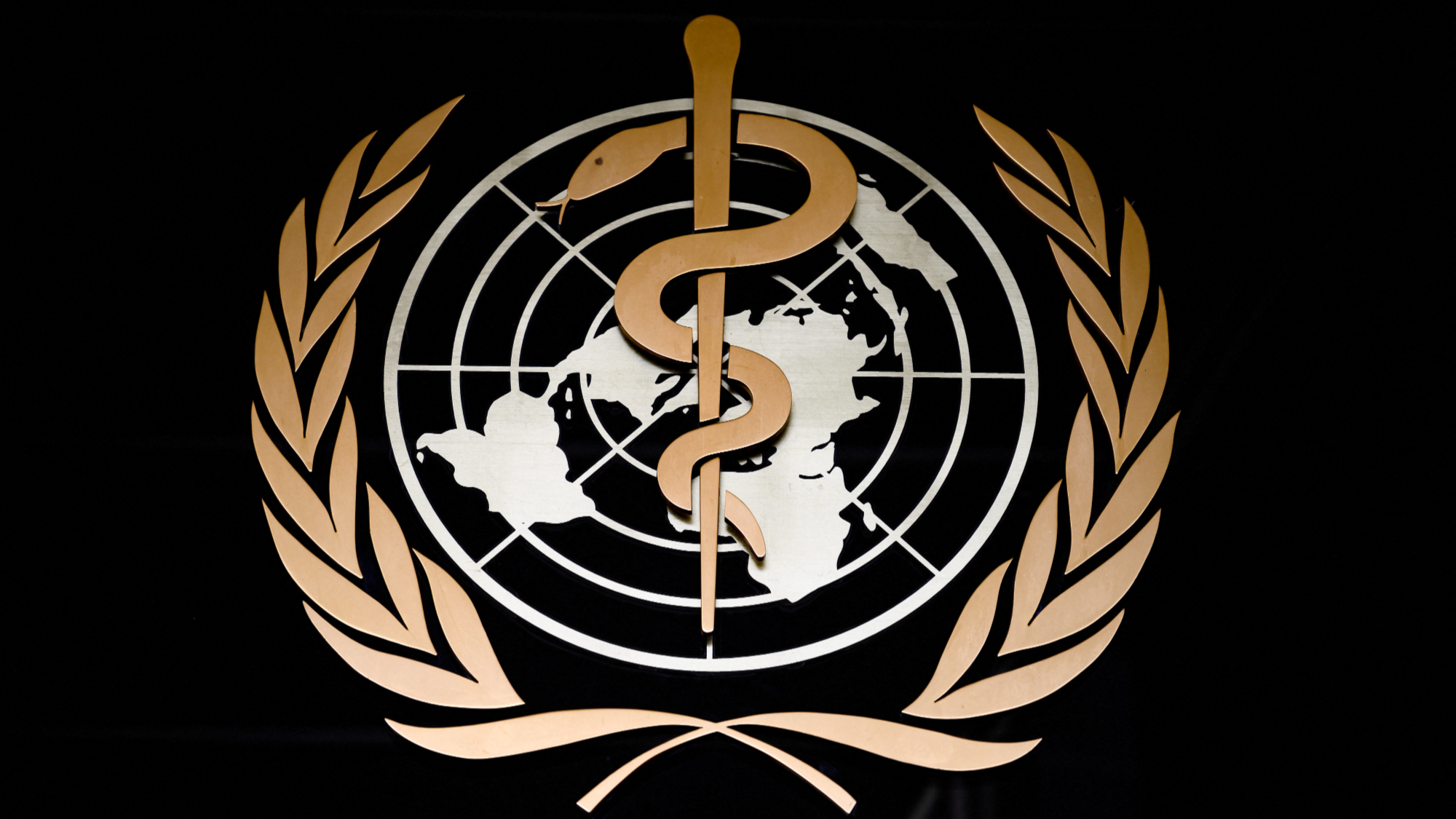
The World Health Organization wants to establish a $50 billion endowment fund in a bid to diversify the global health agency’s finances, which have been threatened by the looming exit of the US.
The “early-stage” idea could generate $1.5 billion to $2.5 billion annually to add to contributions from member states and the WHO Foundation, WHO Director General Tedros Adhanom Ghebreyesus said Wednesday in a call with journalists.
The WHO plays a leadership role in fighting global disease outbreaks — such as HIV, polio and Ebola — while collecting data and setting standards. US President Donald Trump’s plan to exit the agency has left it scrambling to replace its top donor, which contributed almost $1.3 billion to the organization in the 2022-2023 period.
Churches, hospitals, universities and other charities and nonprofits often create endowment funds as a source of longterm funding. The endowments are seeded by donors and can consist of cash, equities and bonds that generate investment income that is used for charitable purposes. Typically, the funds are established as trusts to keep them independent of the organizations they support.
“This is an idea that we are putting together and we are trying to understand how we can make it happen and we hope our member states and other partners will help us realize it,” he said. “It’s not going to be an easy task.”
ALSO READ: WHO faces communication challenges on bird flu after US withdrawal
He didn’t provide details about how the fund would be created.
Tedros cited the Wellcome Trust, a UK charitable foundation focused on health research, as an example of a “well run” endowment. The organization’s investment portfolio stands at about £37.6 billion ($46.9 billion), according to its website.
The sudden loss of US support and the withdrawal of its institutions is affecting global efforts to eradicate diseases such as polio and contain Mpox in Africa, Tedros said. The WHO has received limited information from the US on the spread of bird flu, he added.
The agency has halted hiring, reduced travel expense and lowered office refurbishment spending to cut costs. It’s also in discussions with other member states seeking to bridge the US funding gap, especially in the area of health security, WHO Emergencies Chief Mike Ryan has said.
Argentina has also said it will leave the WHO as President Javier Milei seeks to align his policies with those of Trump. That country’s exit will not significantly impact the WHO’s finances — Argentina contributed $8.3 million in the 2024-25 period — but will leave it without access to key meetings and data on diseases and public health.
Tedros expressed regret over Argentina’s decision and said he hopes the country will reconsider. He also called on the US to reconsider the decision to exit and to restore funding until ways can be found to address crises including the worrisome outbreak of bird flu in poultry and cows that’s spread to some people.


